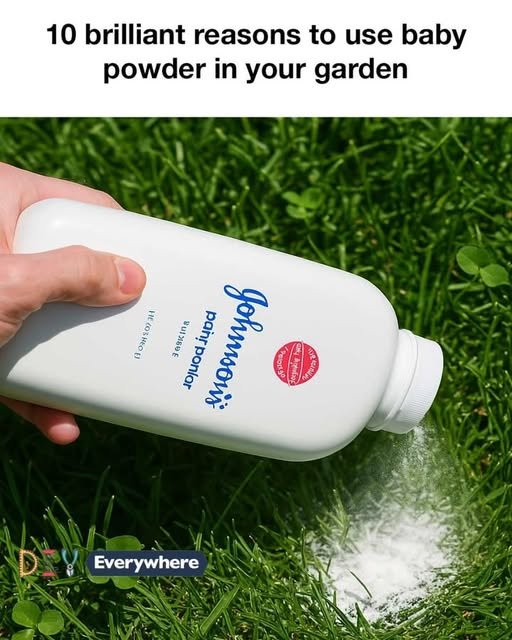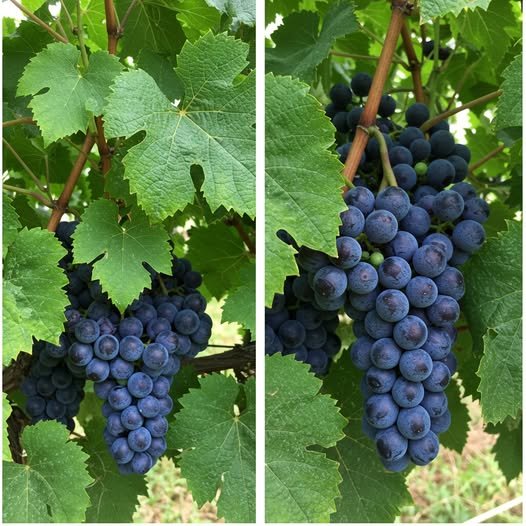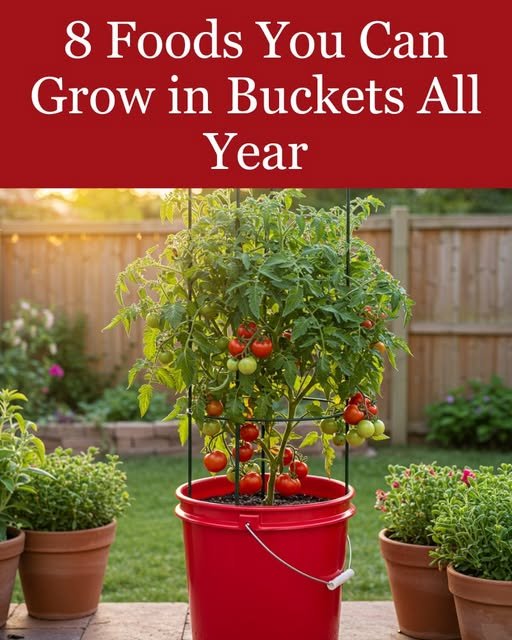Gardening enthusiasts are always on the lookout for natural, cost-effective solutions to common gardening problems. One such surprising yet effective tool is baby powder. While traditionally used for keeping babies’ skin dry and rash-free, baby powder can also serve multiple purposes in the garden. Its fine texture and absorbent properties make it a versatile addition to your gardening toolkit. In this article, we will explore ten brilliant reasons to incorporate baby powder into your gardening routine, offering practical solutions to enhance plant health and garden maintenance.
Understanding the Benefits of Baby Powder for Plants
Baby powder, primarily made from talc or cornstarch, possesses unique properties that can be beneficial in a garden setting. Its ability to absorb moisture, repel insects, and reduce friction makes it an ideal candidate for various gardening applications. Additionally, baby powder is non-toxic and safe for plants, making it an eco-friendly choice for gardeners seeking to minimize chemical use. By understanding these benefits, gardeners can leverage baby powder to address common challenges such as pests, diseases, and soil issues.
1. Repelling Ants with Baby Powder
Ants can be a nuisance in gardens, often protecting aphids and other pests that damage plants. Sprinkling baby powder around the base of plants or along ant trails can deter these insects. The fine particles of the powder disrupt the ants’ scent trails, making it difficult for them to navigate and communicate. This simple, non-toxic method can help keep ants at bay without resorting to harsh chemicals.
2. Preventing Root Rot in Potted Plants
Root rot is a common issue in potted plants, often caused by excessive moisture. Baby powder’s moisture-absorbing properties can help prevent this condition. Before planting, dusting the roots of plants with baby powder can create a barrier that reduces the risk of overwatering. This technique helps maintain a healthy balance of moisture in the soil, promoting robust root development and plant growth.
3. Deterring Aphids and Other Insects
Aphids and other soft-bodied insects can wreak havoc on garden plants. Baby powder can act as a deterrent by creating a physical barrier on plant leaves. Lightly dusting leaves with baby powder makes them less appealing to insects, reducing infestations. This method is particularly useful for protecting delicate plants without harming beneficial insects or the environment.
4. Protecting Bulbs from Rodents
Rodents such as mice and voles are known to dig up and eat garden bulbs. Coating bulbs with baby powder before planting can help deter these pests. The powder’s scent and texture are unappealing to rodents, discouraging them from digging. This simple step can safeguard your bulbs, ensuring they grow into healthy, flowering plants.
5. Reducing Friction on Garden Tools
Garden tools often suffer from wear and tear due to friction. Applying baby powder to the handles and moving parts of tools can reduce friction, making them easier to use and prolonging their lifespan. This practice not only enhances tool performance but also reduces the physical strain on gardeners during prolonged use.
6. Keeping Animals Away from Seedlings
Young seedlings are vulnerable to animals such as rabbits and deer. Sprinkling baby powder around seedlings can act as a deterrent. The unfamiliar scent and texture of the powder can discourage animals from approaching and nibbling on tender plants. This method provides a safe, non-toxic way to protect seedlings during their critical growth stages.
7. Enhancing Seed Germination
Baby powder can aid in seed germination by preventing seeds from clumping together. Dusting seeds with a light coating of baby powder before planting ensures even distribution in the soil, promoting uniform germination. This technique is particularly beneficial for small seeds that are prone to sticking together, ensuring better spacing and healthier plant development.
8. Preventing Mildew on Leaves
Mildew can be a persistent problem in gardens, especially in humid conditions. Baby powder’s moisture-absorbing properties can help prevent mildew formation on plant leaves. By lightly dusting leaves with baby powder, excess moisture is absorbed, reducing the likelihood of mildew growth. This preventive measure helps maintain plant health and appearance.
9. Eliminating Odors in Compost Bins
Compost bins can develop unpleasant odors as organic materials break down. Sprinkling baby powder in the bin can help neutralize these odors. The powder absorbs excess moisture and odors, keeping the composting process more pleasant. This simple addition can make managing a compost bin more enjoyable and less intrusive.
10. Stopping Slugs and Snails
Slugs and snails are notorious for damaging garden plants. Baby powder can act as a barrier to these pests. Sprinkling a ring of powder around plants creates a dry, uncomfortable surface that slugs and snails avoid crossing. This method provides an effective, chemical-free way to protect plants from these common garden invaders.
Conclusion: The Versatility of Baby Powder in Gardening
Baby powder proves to be an unexpectedly versatile tool in the garden, offering solutions to a range of challenges from pest control to plant health. Its natural, non-toxic properties make it a safe alternative to chemical treatments, aligning with sustainable gardening practices. By incorporating baby powder into your gardening routine, you can enhance plant growth, protect your garden from pests, and maintain a healthier, more vibrant outdoor space. Embrace the versatility of baby powder and discover its potential to transform your gardening experience.



